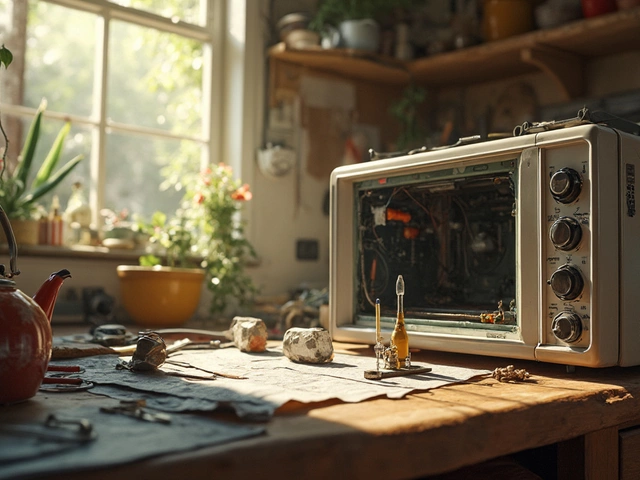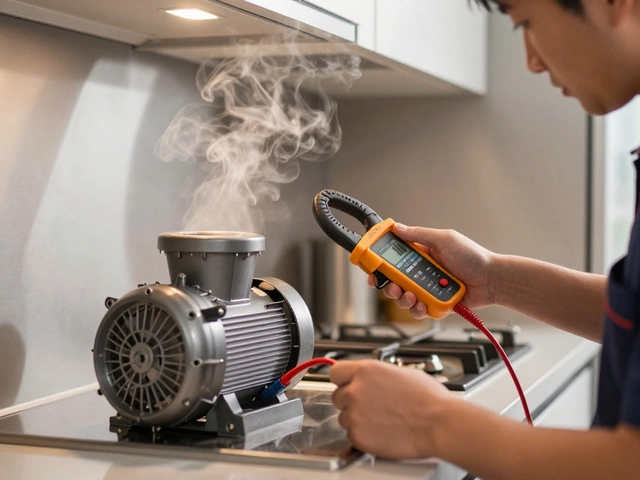Step-by-Step Guide to Servicing Your Extractor Fan Efficiently
December 5 2024Home Improvement Made Simple: Fix, Maintain, and Upgrade Your Household Gear
Ever stared at a noisy boiler or a stubborn oven and wondered if you should just toss it and buy new? Most of the time you don’t need a brand‑new appliance – a bit of know‑how can save you cash and headaches. This page pulls together the most useful tips from our home improvement articles so you can tackle common problems yourself or know exactly when it’s time to call an expert.
Common Appliance Issues You Can Fix
Kitchen extractors, for example, collect grease every few months. A quick clean of the filter and a wipe of the fan blades often restores full power. If the fan still hums but won’t spin, the motor bearings might need lubrication or a simple capacitor swap – both doable with a screwdriver and a little patience.
Boilers are another big worry. A yearly service keeps the heat‑exchanger clean and catches early wear. If you notice the radiators taking forever to warm up, bleed the air out with a radiator key; it’s faster than waiting for a technician.
Water heaters love sediment. Flushing the tank once a year removes mineral build‑up that makes the unit work harder and waste energy. The process is just: turn off power, attach a hose to the drain valve, and let the water run until it’s clear.
Ovens often stop heating because the heating element cracks or the thermostat fails. A visual inspection can spot a broken coil; replacing it is as easy as unplugging the oven, unscrewing the old element, and screwing in a new one. If the oven still won’t heat, the thermostat might need testing with a multimeter – a quick step before ordering a pricey repair.
When to Call a Professional
Some jobs are best left to certified gas engineers. Anything involving gas lines, boiler pressure valves, or a sudden loss of heat while the pilot stays lit can be dangerous without proper training. A professional will also handle compliance checks that keep your home safe under local regulations.
Electrical work beyond a simple fan motor swap, like rewiring a dishwasher or fixing a breaker issue, should be done by a qualified electrician. Mistakes here can cause short circuits or fire hazards, which outweigh any savings from a DIY fix.
If you’ve tried cleaning, flushing, and basic part swaps and the problem persists, that’s a clear sign the core component is failing. At this point, asking for a service quote gives you a realistic picture of repair versus replacement costs – especially for big items like boilers, heat pumps, or freezers.
Bottom line: keep a small toolbox, a multimeter, and a habit of regular maintenance. Most everyday hiccups can be solved in under an hour, and you’ll extend the life of your appliances dramatically. When in doubt, our certified team in Bedford is just a phone call away, ready to handle the risky stuff safely and efficiently.
 9 Jan
9 Jan
DIY Tips: Can You Replace Your Electric Oven?
Many homeowners wonder if they can tackle the job of replacing an electric oven themselves. This article will walk you through the essential factors to consider before taking on such a project, safety tips to keep in mind, and tools you might need. By breaking down the process into clear sections, you'll gain insight on how feasible it is to handle this task without professional help. We'll also discuss when it might be better to call in an expert if things get tricky.
Read More...



